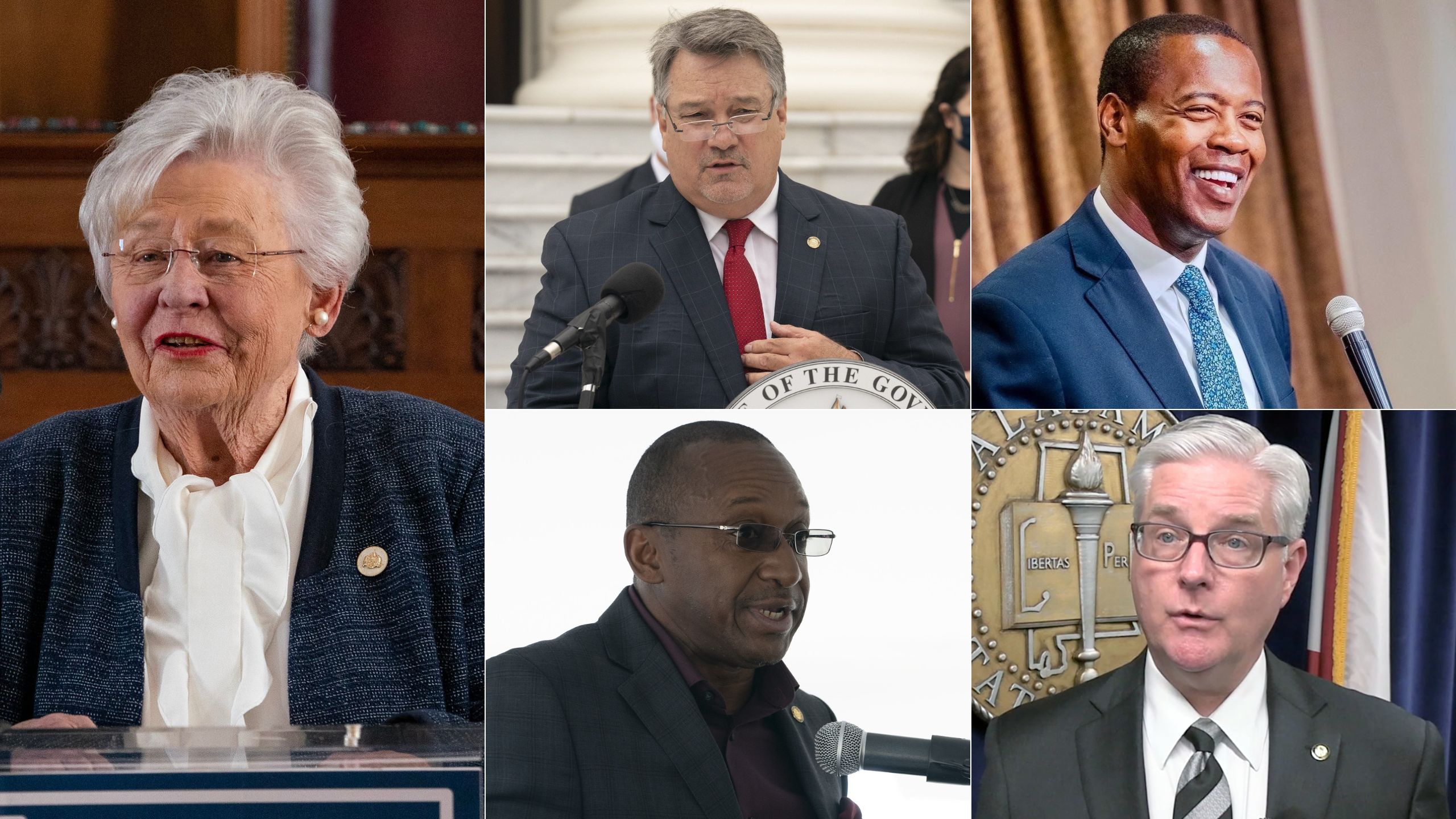|
Getting your Trinity Audio player ready...
|
In the news business, perhaps too often we are better at burying Caesar than praising him. But in Alabama this Thanksgiving, there’s a peculiar, yet significant reason to express gratitude: the presence of competent governance amidst a sea of challenges. The perception of incompetence often stems from the controversies swirling around proposed legislation and the seemingly ingrained culture of corruption within state politics. However, this view is limited and overlooks the fundamental competencies that do exist in our government.
David McClelland’s seminal work, “Testing for Competence Rather than Intelligence,” published in 1973 in the journal “American Psychologist,” remains strikingly relevant today. McClelland’s Competency Model, emphasizing both technical skills and personal attributes like motivation and adaptability, is a beacon in understanding what makes effective leadership. This model, while developed for business, is astoundingly applicable to governance.
Governor Kay Ivey exemplifies the type of leadership McClelland advocated. Known for her focus on policy over politics, Ivey’s approach to governance is methodical and pragmatic, mirroring the practices of revered leaders like President Ronald Reagan. Her philosophy aligns with Reagan’s counsel to surround oneself with capable individuals, delegate effectively, and avoid unnecessary interference.
Ivey’s leadership style is a departure from the norm, prioritizing steady, commonsense governance over the theatrics often seen in politics. This approach, though less glamorous, is more in line with the needs of Alabama, ensuring a stable and forward-moving state.
In the intricacies of state government, few roles are as pivotal as that of the Speaker of the House of Representatives. Nathaniel Ledbetter occupies this crucial position, demonstrating an astuteness and dedication that merits our gratitude and attention. His approach, rooted in the understanding that governance is the “art of the possible,” is a refreshingly much-needed approach to his office.
Ledbetter’s tenure is marked by commendable navigation through a legislature brimming with diverse opinions and contentious debates. In such an environment, the need for political courage cannot be overstated. Ledbetter rises to this challenge, not shying away from tough issues but rather confronting them head-on. This approach has consistently yielded beneficial outcomes for our state, underscoring his commitment to the public good.
Moreover, Ledbetter’s understanding of the government’s role is both profound and pragmatic. He acknowledges the fundamental purpose of government: to seek to serve the governed and not itself. He also recognizes the pitfalls of overreach, particularly when the government ventures into the territory of regulating personal freedoms. This balanced perspective is crucial in maintaining the delicate equilibrium between individual liberty and collective responsibility.
In the political amphitheater, where the spotlight often reveals more flaws than finesse, Alabama’s Senate President Pro Tempore Greg Reed stands out as a refreshing exception. Reed, with a demeanor reminiscent of a character straight out of Hollywood’s Central Casting, epitomizes the stately senator of yesteryears—a blend of honesty, integrity, and unwavering commitment to his word.
Reed’s understanding of governance is rooted in the principles of justice and limitation—a belief in a government that is robust yet restrained, powerful yet prudent. In a time when the political arena often resembles an unruly feline menagerie, Reed’s approach is marked by quiet repose and dignity. It’s a Herculean task, herding kittens, yet Reed does so with an ease that belies the complexity of the challenge.
These Republicans are the best examples of conservatism in our state: not fire breathers or demigods, they are public servants.
Also in the Alabama House, where voices often rise in a grating noise of opinions, Minority Leader Anthony Daniels of the Democratic caucus presents a striking contrast. His demeanor is quiet, yet, lacks any sign of weakness or indecision.
As famously quoted, “The most dangerous man to any government is the man who is able to think things out for himself, without regard to the prevailing superstitions and taboos.” This sentiment echoes profoundly when considering Daniels’ approach to leadership. He is not just a thinker, but a strategist, often perceived as playing chess while others are confined to the simplicity of checkers. This analogy is apt in describing his foresight and the depth of his political acumen.
Daniels’ wisdom, which belies his years, is rooted in an understanding that true leadership is not about loud proclamations or rigid adherence to party lines. Instead, it lies in the ability to navigate the complex political landscape with a clear vision and a steadfast commitment to principles. He operates with a subtlety that is rare in today’s political climate, where sound bites often replace substantive discussion.
And then there is Democrat Senate Minority Leader Bobby Singleton, of whom it might be said holds a genius status among senate politicians. A master of the rules with a Baptist preacher’s oratory skills, Singleton is a force of nature in the upper chamber. Whether kneeling in solidarity with immigrants in opposition to draconian legislation or tangling Republicans in knots with procedural skill, he is a one-of-a-kind lawmaker. He not only displays competence but also a fire in the belly reverence for the disenfranchised and marginalized.
Competence in governance is the possession of requisite knowledge, sound judgment, proficient skill, and considerable strength, all essential for the formidable responsibility of leading in a representative government. Authentic leadership is characterized by serving every citizen, transcending distinctions of party affiliation, religious beliefs or the absence thereof, gender, identity, race, or societal status. Typically, in the realm of journalism, we aim to afflict the comfortable and comfort the afflicted. We seldom praise public officials—because frankly, there is little reason to—but on this occasion, we can say, Ivey, Ledbetter, Reed, Daniels, and Singleton show the kind of leadership that we need for this moment.












































